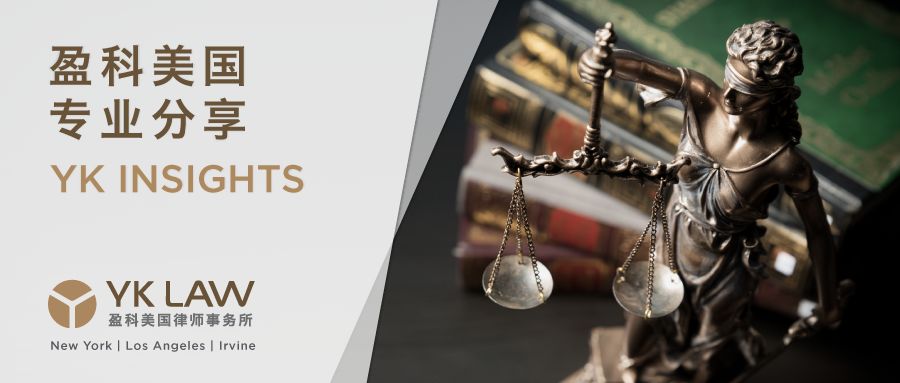
For would-be investors, however, this may be a great time to enter the distressed debt investment market.
The economic downturn has left countless businesses reeling and many are eager to find a way out of their economic predicament, making it a great time for distressed debt investors to help these businesses while making a profit.
Distressed debt investment is when an investor purchases the debt of a company that is insolvent (or likely to become insolvent or go bankrupt) or makes a cash investment in the form of loans or bonds as aid to help a company restructure in the hopes of eventual economic recovery.
Companies that have taken on too much debt are often the focus of seasoned distressed debt investors. Generally, investors acquire distressed debt through bonds, mutual funds, or the distressed company itself.
Creditors get priority over equity holders when a company is liquidated so many distressed debt investors invest in the debts of a company rather than its stock.
Prior to investing, investors must conduct a thorough risk analysis to determine the likelihood of a company becoming profitable and succeeding in the future.
Due to the dire financial situation of a company that leads to distressed debt investments, investors can often purchase the debt or bonds far below market value.
Thus, investors who choose the right company at the right time can look forward to high returns. Investors would be well-advised to diversify and spread out their risks to avoid overexposure from a big distressed debt investment.
There are certain key factors investors must keep in mind before entering the distressed debt market.
Firstly, given the current ongoing market uncertainty because of Covid-19, investors should be even more diligent than usual when assessing market risks.
Additionally, investors must also keep in mind that the liquid market of debt securities is limited, and bankruptcy and restructuring can be very complicated, and carry inherent risks that must be assessed before investors purchase distressed debt.
The restructuring efforts may fail to make the company profitable or the distressed debt investors interest may be subject to litigation or subordination by other creditors.
Investors must also review underlying credit documentation very carefully. Investors should look for language that is ambiguous or against their interest.
Ambiguous or adverse language in asset transfer clauses, lien covenants or restrictive payment covenants can result in serious disadvantages for investors in the case of a dispute with the borrowing entity.
Another key consideration when reviewing underlying credit documents is checking for deficiencies in collateral perfection which can result in serious monetary and legal consequences for investors.
Investors should also conduct up-to-date lien searches and asset searches.
Other important language considerations include remedies for current defaults, lien priorities and subordination clauses, deferral of payment clauses, debt terms and the modification of debt terms, enforcement actions, limits or prohibitions on additional financing and powers of other creditors.
Investors should also be careful in making sure their actions are in good faith, reasonable, and do not damage the borrowing entity’s business, as these are all considerations courts have considered in litigation.
The world of distressed debt investing is complex and riddled with pitfalls for unsuspecting and inexperienced creditors, however, given the economic impact of Covid-19, investors have unparalleled opportunities to invest in hard-hit businesses.
The high risks associated with this kind of investing may result in high returns for savvy investors during the post-Covid-19 economic recovery.
On August 24, Attorney Eyal Khayat, Partner of Lipa Meir & Co., an Israeli law firm in Yingke’s global legal services network, was invited to participate in the Anhui Hefei Science & Technology and Economic & Trade Exchange Conference held in Tel Aviv, Israel. During this exchange, the Mayor of Hefei highlighted the trend of […]
Read MoreOn July 18, local time, the BRICS+ Political Parties Dialogue, hosted by the African National Congress (ANC) of South Africa, opened in Johannesburg on the theme of “BRICS and Africa: Partnership for Mutually Accelerated Growth, Sustainable Development, and Inclusive Multilateralism”. ANC Deputy Chairman and South African Deputy President Mashatile attended and delivered a speech. Liu […]
Read More